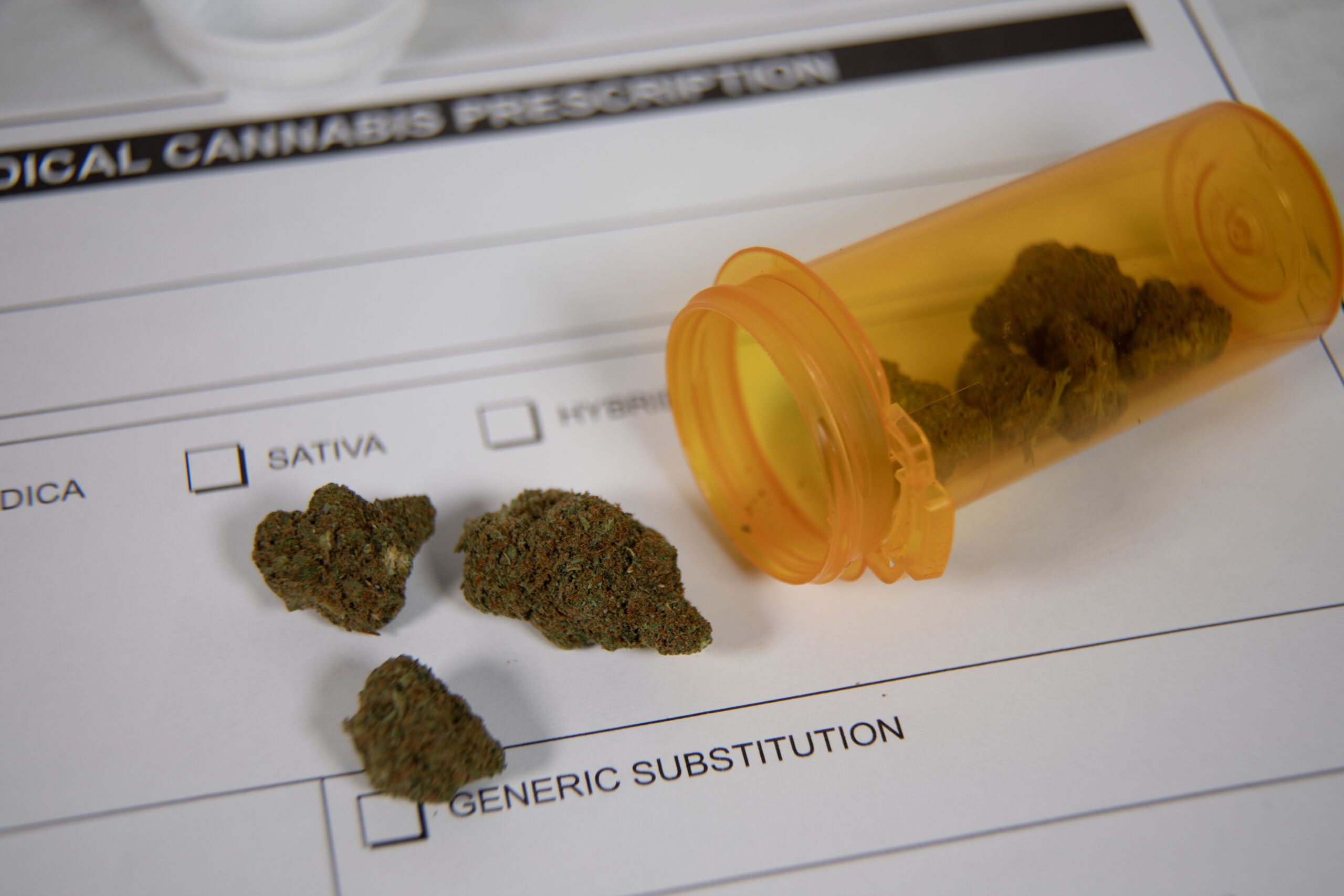In 2021, New Jersey made significant strides in enhancing and expanding its medical cannabis regulations. These changes aim to improve patient access, ensure product safety, and streamline the operational aspects of medical cannabis. This article provides a comprehensive overview of the latest regulatory updates in New Jersey’s medical cannabis program and anticipates future adjustments.
Expansion of the Medical Cannabis Program
Increased Number of Dispensaries
One of the most impactful changes in 2021 is the increase in the number of medical cannabis dispensaries authorized to operate in New Jersey. This expansion is designed to address the growing demand and improve accessibility for patients across the state, ensuring that medical cannabis is more readily available to those in need.
Extended Patient Qualifications
New Jersey has broadened the list of qualifying medical conditions for which medical cannabis can be prescribed. Conditions such as chronic pain, anxiety, and migraines have been added, allowing a wider range of patients to benefit from cannabis therapy. This inclusivity is part of a broader effort to utilize medical cannabis as an alternative to more addictive prescription medications like opioids.
Regulatory Enhancements for Safety and Accessibility
Product Testing and Safety
2021 regulations have placed a stronger emphasis on product testing and safety standards. All medical cannabis products must now undergo rigorous testing for contaminants, potency, and consistency at state-certified laboratories. These measures are crucial for protecting patient health and ensuring that all products meet high-quality standards.
Telemedicine Integration
Recognizing the ongoing need for remote healthcare services, New Jersey has permanently integrated telemedicine services into the medical cannabis program. Patients can now consult with authorized healthcare providers via telehealth platforms for both initial assessments and follow-up appointments. This change not only makes the program more accessible but also helps maintain continuity of care.
Licensing and Operational Regulations
Microbusiness Focus
In 2021, New Jersey introduced specific provisions to support microbusinesses in the cannabis sector. These regulations are designed to lower the barriers to entry for small, locally owned businesses and ensure that the economic benefits of the industry are more evenly distributed. Microbusinesses are allowed special considerations in licensing processes, operational requirements, and reduced fees.
Employee Training Requirements
New regulations mandate comprehensive training programs for all dispensary staff, focusing on patient education, proper dosing, and compliance with state laws. This training ensures that patients receive knowledgeable assistance and guidance when selecting and using cannabis products.
Future Regulatory Prospects
Insurance Coverage Considerations
While not yet implemented, there is ongoing discussion about the possibility of insurance coverage for medical cannabis. As the medical efficacy of cannabis gains broader acceptance, state legislators are considering models for health insurance providers to cover cannabis prescriptions, potentially reducing out-of-pocket costs for patients.
Home Cultivation
Looking ahead, there is potential for regulations to permit home cultivation for medical cannabis patients. This would allow patients to grow a limited number of cannabis plants for personal use, providing a cost-effective alternative to purchasing from dispensaries.
Concluding Thoughts
New Jersey’s 2021 updates to its medical cannabis regulations mark a significant progression towards a more accessible, safe, and patient-centered program. These changes not only reflect the state’s commitment to improving medical cannabis therapy but also anticipate future trends in healthcare and patient autonomy. As New Jersey continues to refine its approach, patients can look forward to a program that is increasingly tailored to meet their therapeutic needs.







